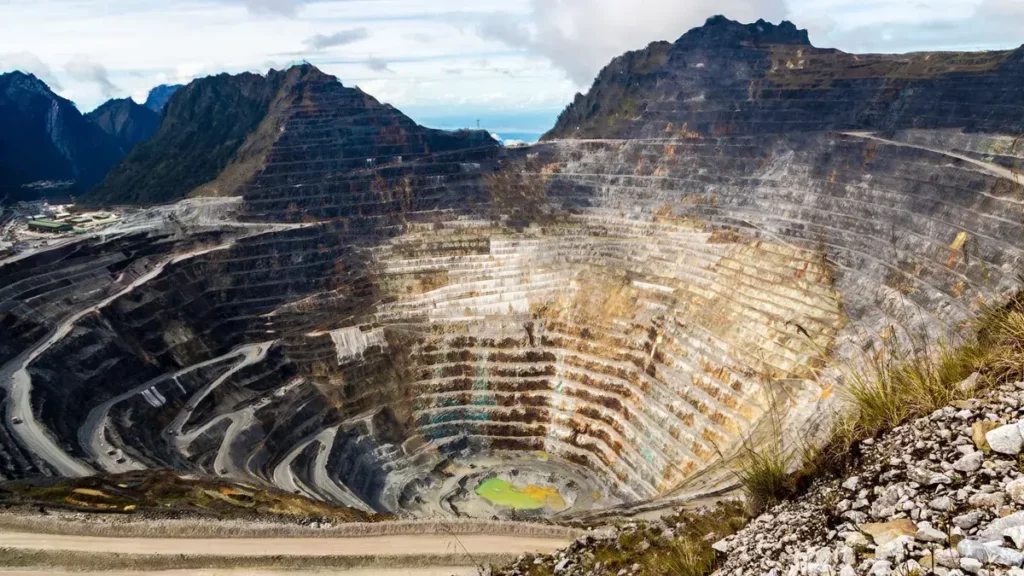Indonesia’s key sectors—mining and electric vehicle (EV) battery—are set to receive a major windfall. A British consortium, including high-profile mining firm Glencore, has announced plans to infuse a staggering $9 billion into these sectors. The move seeks to leverage Indonesia’s extensive nickel reserves, pivotal for the burgeoning EV industry, and solidify a significant position in the country’s fast-paced EV growth.
A global hotspot for investors, Indonesia’s vast resource base has been enticing for multinational corporations. The country, home to the largest nickel reserves worldwide, offers an ideal platform for developing downstream industries. One of the central objectives of this substantial investment is to set up battery and vehicle production facilities to serve major electric car manufacturers globally.
The specifics of the consortium’s ambitious plans were revealed by Indonesia’s Investment Minister, Bahlil Lahadalia. While he did not detail the exact allocation of the $9 billion investment, Lahadalia disclosed that the funds’ primary usage would be for developing an industrial park in Sulawesi Island’s Bantaeng region. This industrial park will utilize wind energy, thereby staying in line with Indonesia’s sustainable development agenda. The consortium is pushing for a fast-paced completion, hoping to wrap up the project by September.
The Ministry of Investment confirmed the participation of Glencore, along with Indonesia’s state miner Aneka Tambang, materials company Umicore, and energy firm Envision Group. While Umicore, Envision, and Aneka Tambang have yet to confirm their involvement officially, Glencore has remained tight-lipped, adhering to its policy of not commenting on rumors.
Expressing his excitement over the forthcoming investment, Minister Lahadalia stated, “The investment is about $9 billion if it is according to plans. If we can speed it up, we’ll do it.” This is in sync with the Indonesian government’s decision to prohibit the export of unprocessed nickel ore in 2020, underscoring its commitment to woo global EV manufacturers, including major players like Tesla and China’s BYD Group.
The mammoth investment highlights the growing global confidence in Indonesia’s potential. The country’s rich natural resources, coupled with an appealing investment climate, are poised to transform it into a significant hub for battery and vehicle production. This could have far-reaching implications for the global shift towards sustainable transportation.
The British consortium’s pledge to invest $9 billion signals a considerable leap in the bilateral relationship and in the sectors in question. It sets the stage for economic prosperity, technological breakthroughs, and a more sustainable future.
As Indonesia opens its doors to multinational corporations, the country is not just embracing an influx of investment, but also ushering in a new era of cooperation and innovation, crucial for the global push towards sustainable transport.

